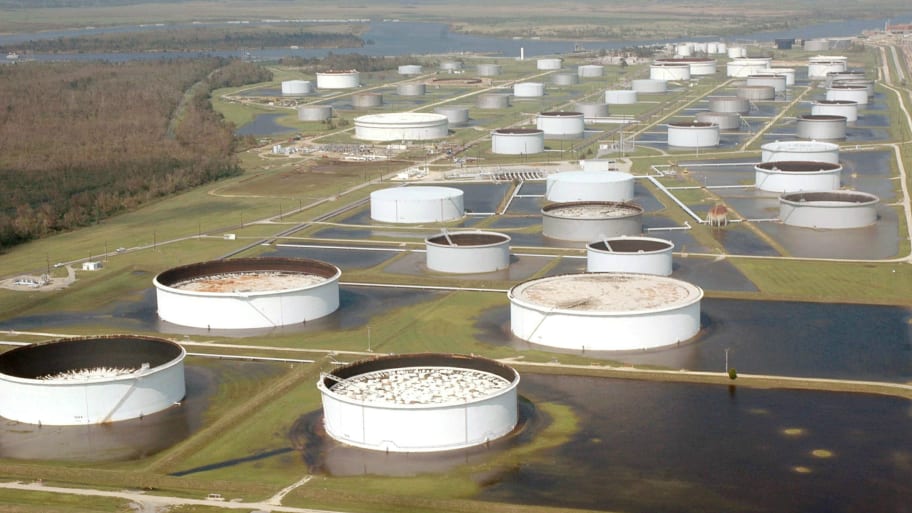Republicans Sound the Alarm: Depleted Oil Reserves Leave the U.S. Exposed to Energy Supply Disturbances Amid Global Crises
Amid the ongoing Israel-Hamas conflict and the consequent surge in oil prices, President Biden’s decision to significantly reduce the Strategic Petroleum Reserve (SPR) is thrust back under the scrutiny spotlight.
Oil Prices React to Middle East Turmoil:
The volatile crisis unfolding in the Middle East has immediate ramifications on global oil prices. On Monday, pivotal indicators such as the Brent Crude Index and the U.S. WTI Index experienced surges of over 4%, with prices per barrel nudging toward the $90 mark. Analysts attribute this hike to the recent unprovoked assaults by Palestinian militants, stirring concerns over potential withholding of substantial global oil supplies.
Global Supply Risks Amid Conflict:
Should the conflict expand its reach to involve Iran, approximately 3% of the world’s oil supply could be jeopardized, warns energy analyst Saul Kavonic. An even graver scenario unfolds if the conflict obstructs transit through the critical Strait of Hormuz, with a staggering 20% of global oil supplies at stake.
Biden’s SPR Depletion: A Controversial Move:
President Biden’s administration has drawn down the SPR to unprecedented levels, the lowest in four decades, leaving it with a mere 351.3 million barrels. This figure is a significant 44% drop from the levels recorded at the time of Biden assuming office in January 2021. The depletion stems from the release of approximately 260 million barrels since Biden’s presidency began, aimed at mitigating the impact of soaring fuel prices on consumers.
Experts & Republicans Voice Concerns:
The administration’s attempts to replenish the SPR have not alleviated concerns among Republican lawmakers and energy experts, who caution that the depletion exposes the U.S. to the risk of short-term supply shocks. Critics argue that utilizing the SPR to influence prices compromises its primary function as an emergency oil supply, particularly in light of the administration’s perceived adversarial stance on domestic oil production.
National Security Under the Microscope:
High-ranking Republican officials have sought an investigation into the potential national security risks posed by the administration’s SPR management practices. GOP leaders have expressed concerns that mismanagement has eroded the nation’s energy security, increasing susceptibility to energy disruptions and empowering OPEC and Russia to wield energy as a geopolitical instrument.
SPR: A Brief Overview:
Established under the 1975 Energy Policy and Conservation Act, the SPR boasts a total capacity of 714 million barrels spread across four storage facilities in Texas and Louisiana. Designed as a safeguard against severe supply shortages, sabotage acts, or natural disasters, the SPR’s reserves are not to be released lightly. The reserve has been tapped into sparingly in the past, during critical events like the Libyan civil war in 2011, Hurricane Katrina in 2005, and the first Gulf War in the early 1990s.
An Unsettled Debate:
The depletion of the SPR amidst a backdrop of international conflict and surging oil prices reignites the debate over the administration’s energy policies and management of strategic reserves. With critics pointing towards national security risks and the need for a robust emergency oil supply, the administration finds itself defending its strategies amid a confluence of crises at home and abroad.
The precarious global scenario unfolding with the Israel-Hamas conflict serves as a stark reminder of the intricate interplay between international events and domestic policy decisions. With oil prices experiencing fluctuations and national security in the balance, the administration’s handling of the SPR is likely to remain a contentious issue in the corridors of power and the public arena alike.


1 comment
[…] Source link […]